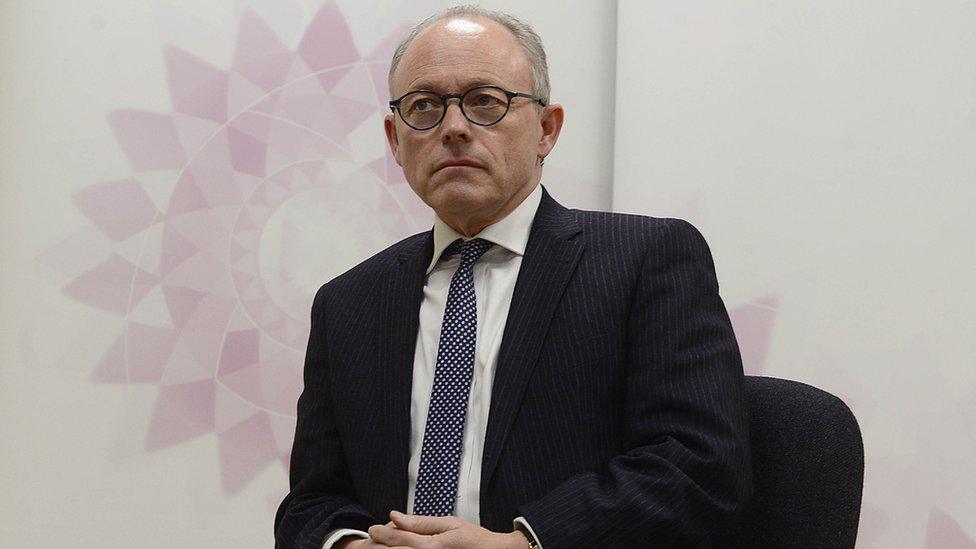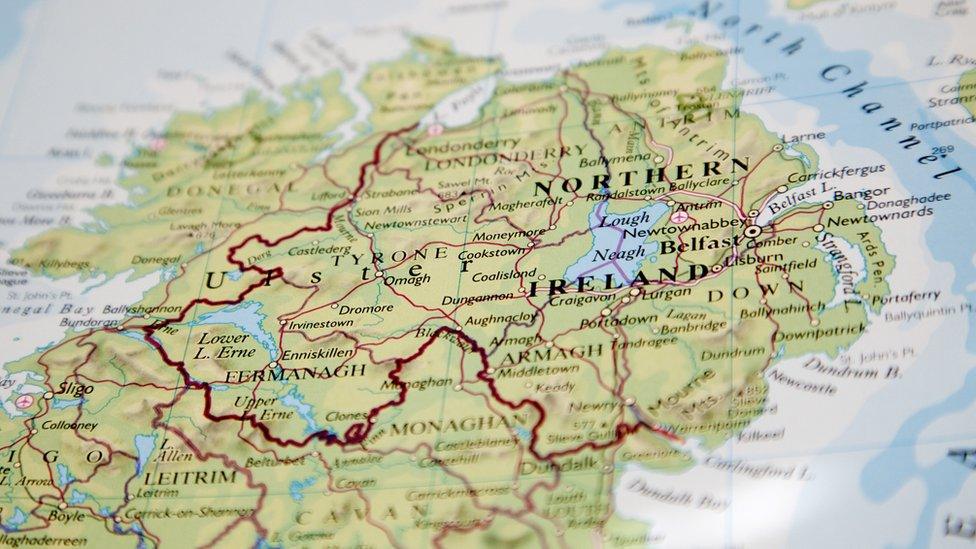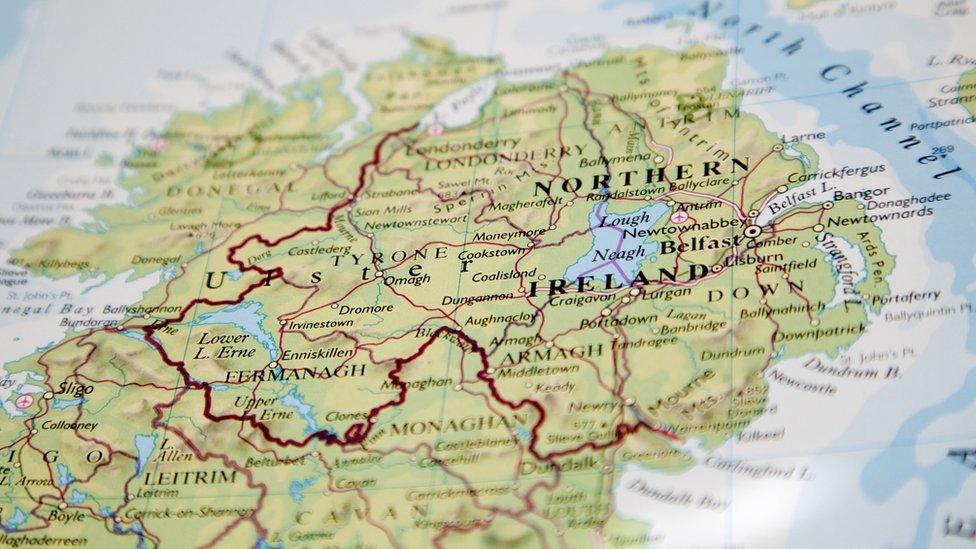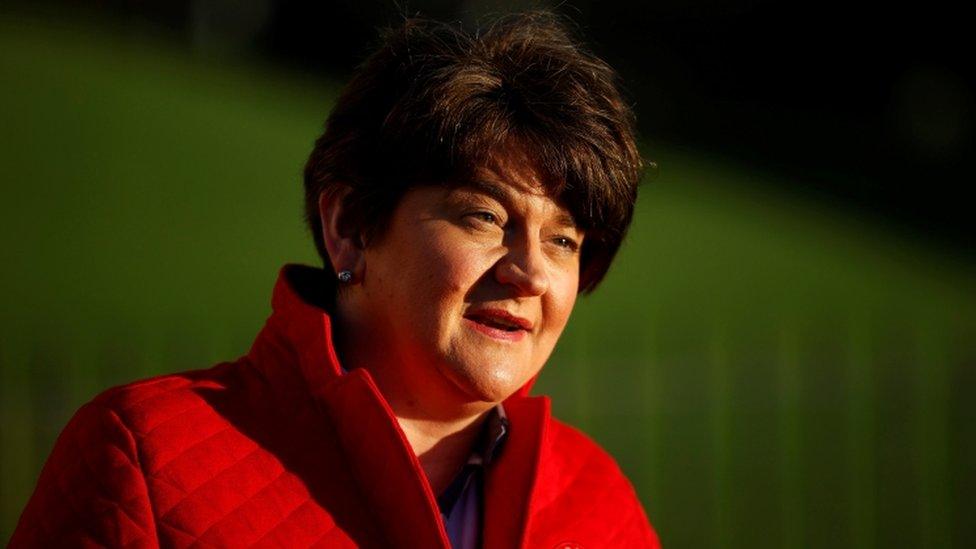Irish unity referendum 'would not be needed in Republic of Ireland'
- Published

Barra McGrory is a former director of public proseuctions in Northern Ireland
Two legal experts have independently said that the Republic of Ireland may not need to have a referendum on Irish unification if a majority in Northern Ireland voted for it.
Most media commentary on the subject assumes there has to be such a poll.
Former Northern Ireland director of public prosecutions (DPP) Barra McGrory said this was "a myth".
One of Ireland's leading academic lawyers, Dr David Kenny, agrees with this assessment.
"There only has to be one in the north," said Mr McGrory, who is a queen's counsel in the UK and will soon become a senior counsel in Ireland.
"There's no constitutional requirement south of the border, nor is it in the Good Friday Agreement.
"I'm always surprised by some of the articles I read in the media that there have to be referendums north and south on Irish unity."
But both Mr McGrory, who was DPP in Northern Ireland between 2011 and 2017, and Dr Kenny from Trinity College Dublin, said there were probably good political reasons for the Republic of Ireland proceeding with a referendum rather than with a vote in the Oireachteas (Irish parliament).
On a referendum south of the border, Dr Kenny said: "As a matter of legal principle, there is a good case that the bare act of consenting to unification could be done without one."
Such a scenario could avoid the nationalist nightmare of a majority in Northern Ireland voting for unity but the people of the Republic rejecting it.

Some academics believe there are political reasons for having a border poll
The 1998 Good Friday Agreement refers to "the people on the island" exercising "their right of self-determination on the basis of consent, freely and concurrently given, North and South, to bring about a united Ireland" subject to the principle of consent in Northern Ireland.
But it does not specifically say how that might be done in the Republic.
The Irish constitution, Bunreacht na hÉireann, is the Republic's supreme legal document.
Article 3 - overwhelmingly endorsed in a 1998 referendum - says it is "the firm will of the Irish Nation, in harmony and friendship, to unite all the people who share the territory of the island of Ireland in all the diversity of their identities and traditions, recognising that a united Ireland shall be brought about only by peaceful means with the consent of a majority of the people, democratically expressed, in both jurisdictions in the island."
That wording and the 1998 referendum vote has led some lawyers to believe there is no need for another poll.
Potential issues
But Dr Kenny is one of a number of academics from Trinity, Queens, Ulster University and University College London to argue that while it is arguable there is a case for not proceeding with such a poll, there are sound political and other non-unity constitutional reasons for having one.
Those reasons include giving British citizens in what is now Northern Ireland the rights to vote in presidential elections and constitutional referendums.
Related topics
- Published20 April 2021

- Published24 January 2021
